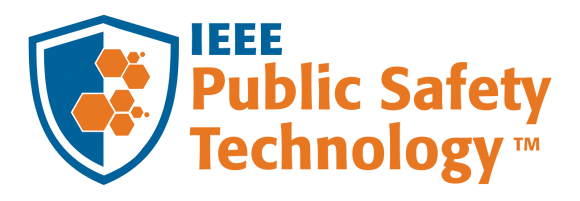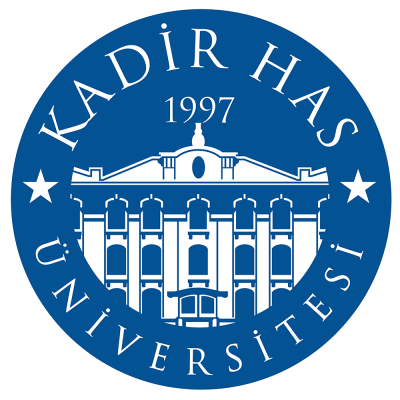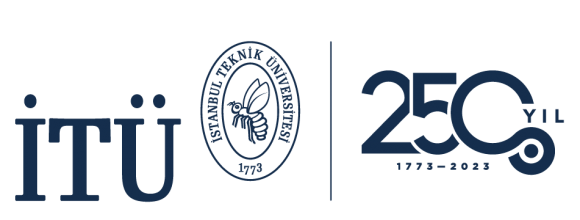* All times are indicated for LOCAL TIME ZONE ISTANBUL – (CEST+1 and GMT+3)
Keynote 1: Henning Schulzrinne, Columbia University, USA
Biography
 Henning Schulzrinne is Levi Professor of Computer Science at Columbia University. He received his Ph.D. from the University of Massachusetts in Amherst, Massachusetts. He was an MTS at AT&T Bell Laboratories and an associate department head at GMD-Fokus (Berlin), before joining the Computer Science and Electrical Engineering departments at Columbia University. He served as chair of the Department of Computer Science from 2004 to 2009, as Engineering Fellow, Technology Advisor and Chief Technology Officer at the US Federal Communications Commission (FCC) from 2010 to 2017. In 2019-2020, he worked as a Technology Fellow in the US Senate. He has published more than 250 journal and conference papers, and more than 70 Internet RFCs. Protocols co-developed by him, such as RTP, RTSP and SIP, are used by almost all Internet telephony and multimedia applications.
Henning Schulzrinne is Levi Professor of Computer Science at Columbia University. He received his Ph.D. from the University of Massachusetts in Amherst, Massachusetts. He was an MTS at AT&T Bell Laboratories and an associate department head at GMD-Fokus (Berlin), before joining the Computer Science and Electrical Engineering departments at Columbia University. He served as chair of the Department of Computer Science from 2004 to 2009, as Engineering Fellow, Technology Advisor and Chief Technology Officer at the US Federal Communications Commission (FCC) from 2010 to 2017. In 2019-2020, he worked as a Technology Fellow in the US Senate. He has published more than 250 journal and conference papers, and more than 70 Internet RFCs. Protocols co-developed by him, such as RTP, RTSP and SIP, are used by almost all Internet telephony and multimedia applications.Title
Connecting the unconnected - It's only partially about technology
Abstract
Since the beginning of the commercial internet in the late 1990s, almost every country, of every income level, has been trying to connect as many people as possible. At the same time, the business model of traditional "telephone" companies was upended by privatization, competition, and changes in technology. In many countries, almost all urban middle-income households have access to the Internet, but connecting those left out becomes more challenging. What are the key challenges? What approaches have been tried? Why are mobile and satellite access insufficient for full participation? What policy and technology approaches are being tried in the United States, Europe, and elsewhere? Beyond access, how can we define and achieve digital inclusion?
Keynote 2: Berk Canberk, Edinburgh Napier University, UK
Biography
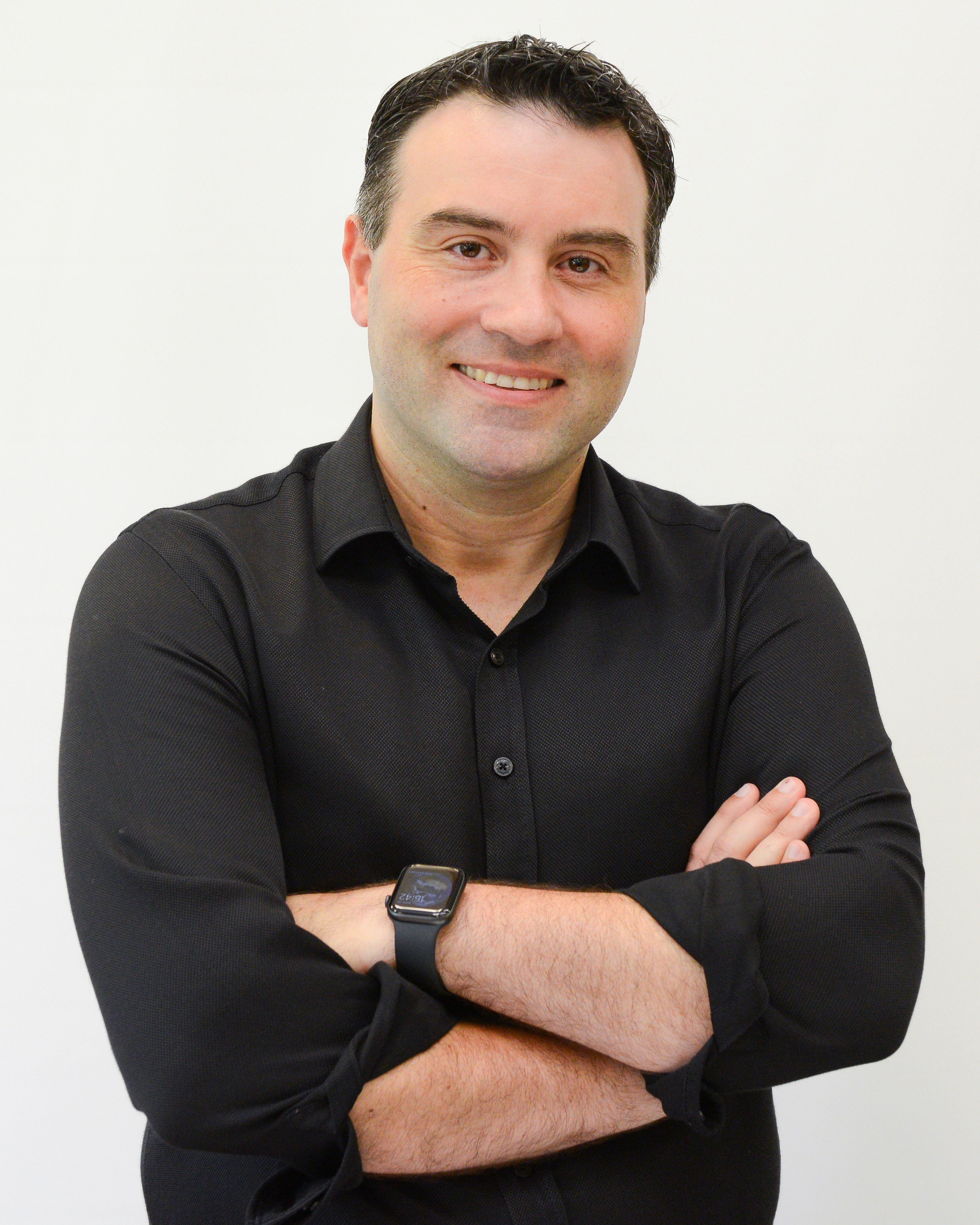 Dr. Berk Canberk is a Professor in the School of Computing, Engineering and The Built Environment at Edinburgh Napier University, UK, where he leads interdisciplinary research and initiatives in AI-enabled Digital Twins, IoT Communication, and Smart Wireless Networks. He’s been an Adjunct Professor within the Department of Electrical and Computer Engineering at Northeastern University USA since 2017, and Adjunct Professor within the Department of Artificial Intelligence and Data Engineering at Istanbul Technical University (ITU) Turkey since 2022. He was an Associate Professor at Department of Computer Engineering at ITU between 2016-2021, and full Professor between 2021-2022. He is an IEEE Senior Member, and he acts as an active Associate Editor at several world-leading academic journals such as IEEE Transactions on Vehicular Technology (Scopus Q1 Quartile) since 2016, Elsevier Computer Networks Journal (Scopus Q1 Quartile) since 2013, Elsevier Communication Networks Journal (Scopus Q1 Quartile) since 2017, and IEEE Communications Letters (Scopus Q1 Quartile) between 2018-2021. He’s actively involved in several conferences as TPC chair and Organizing Committee Member. In his research group named Broadband Communication and Network Automation Research Group (BCRG), he leads the research activities in highly interdisciplinary fields, actively supervising 5 PhD and 2 MSc students. So far, he has supervised 16 MSc students, and 6 PhD students who are now all tenure-track professors. Prof. Canberk has been a Post-Doctoral researcher at Georgia Institute of Technology USA between 2011-2013. He received his PhD in Computer Science from Istanbul Technical University (ITU) Turkey in 2011, his MSc in Telecommunications Engineering from the Chalmers University of Technology Sweden in 2005, and his BSc in Electrical Engineering from ITU in 2003. He has been involved with several industrial research activities with leading technology companies all over the world, including research scholarship program funding with Google Deepmind, Turkcell, Turkish Telekom, Uniper Energy Germany.
Dr. Berk Canberk is a Professor in the School of Computing, Engineering and The Built Environment at Edinburgh Napier University, UK, where he leads interdisciplinary research and initiatives in AI-enabled Digital Twins, IoT Communication, and Smart Wireless Networks. He’s been an Adjunct Professor within the Department of Electrical and Computer Engineering at Northeastern University USA since 2017, and Adjunct Professor within the Department of Artificial Intelligence and Data Engineering at Istanbul Technical University (ITU) Turkey since 2022. He was an Associate Professor at Department of Computer Engineering at ITU between 2016-2021, and full Professor between 2021-2022. He is an IEEE Senior Member, and he acts as an active Associate Editor at several world-leading academic journals such as IEEE Transactions on Vehicular Technology (Scopus Q1 Quartile) since 2016, Elsevier Computer Networks Journal (Scopus Q1 Quartile) since 2013, Elsevier Communication Networks Journal (Scopus Q1 Quartile) since 2017, and IEEE Communications Letters (Scopus Q1 Quartile) between 2018-2021. He’s actively involved in several conferences as TPC chair and Organizing Committee Member. In his research group named Broadband Communication and Network Automation Research Group (BCRG), he leads the research activities in highly interdisciplinary fields, actively supervising 5 PhD and 2 MSc students. So far, he has supervised 16 MSc students, and 6 PhD students who are now all tenure-track professors. Prof. Canberk has been a Post-Doctoral researcher at Georgia Institute of Technology USA between 2011-2013. He received his PhD in Computer Science from Istanbul Technical University (ITU) Turkey in 2011, his MSc in Telecommunications Engineering from the Chalmers University of Technology Sweden in 2005, and his BSc in Electrical Engineering from ITU in 2003. He has been involved with several industrial research activities with leading technology companies all over the world, including research scholarship program funding with Google Deepmind, Turkcell, Turkish Telekom, Uniper Energy Germany.
Title
Abstract
Keynote 3: Basil Manoussos, Edinburgh Napier University, Scotland, UK
Biography
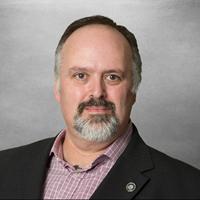 He is the Cyber Academy Manager at the School of Computing, Engineering & Built Environment (SCEBE). He is also an forensic scientist, with more than 14 years of experience as an Expert Witness in digital forensics and digital evidence. He studied for his BSc Business and his AAS (Associate in Applied Science) Computer Programming, at the American College of Greece (Deree College), and graduated with both degrees in 1995, receiving the President's Award for his contribution in the extra-curricular and academic activities in the school. He received a PG Cert International Marketing from the University of Sunderland (2000) and later his MSc Forensic Informatics (2008) from the University of Strathclyde. In January 2022, he received his Expert Witness Certificate from the University of Aberdeen/Bond Solon, as an Expert Witness under the jurisdiction of Scottish Law, making him the first (and only) Expert Witness in Digital Forensics to ever hold a University Certificate in this jurisdiction. Basil brings more than 14 years of experience in Digital Forensics as an Expert Witness, working with legal professionals in Scotland and the rest of the UK, as well as a 30+ years overall industry experience. His background includes working for organisations like IBM, Abbey National and HM Government. He has been running Strathclyde Forensics Ltd, one of the top Digital Forensics agencies in Scotland for over a decade. Since 2017 he has been working at the School of Computing, with a primary scope of raising the profile of The Cyber Academy and help create awareness of cyber threats to businesses, individuals, the third sector and the state, in Scotland , the UK and around the world. Working extensively with the Law Society of Scotland; he is a member of the Panel for the Accredited Legal Technologists, and he has developed (and delivers) the Cybersecurity Certification of the Society. Basil is a regular speaker to Scottish Universities and Colleges, and a visiting lecturer at the Faculty of Law, at the Catholic University of Lyon and Sheffield Hallam University. He is a member of the BCS and the Charter Society for Forensic Sciences (CSFS). Since 2015 he is a t the Experts Roster of the International Telecommunications Union (ITU). He was a finalist for the Cyber Evangelist Award for 2018 and 2019 at the Scottish Cyber Awards.
He is the Cyber Academy Manager at the School of Computing, Engineering & Built Environment (SCEBE). He is also an forensic scientist, with more than 14 years of experience as an Expert Witness in digital forensics and digital evidence. He studied for his BSc Business and his AAS (Associate in Applied Science) Computer Programming, at the American College of Greece (Deree College), and graduated with both degrees in 1995, receiving the President's Award for his contribution in the extra-curricular and academic activities in the school. He received a PG Cert International Marketing from the University of Sunderland (2000) and later his MSc Forensic Informatics (2008) from the University of Strathclyde. In January 2022, he received his Expert Witness Certificate from the University of Aberdeen/Bond Solon, as an Expert Witness under the jurisdiction of Scottish Law, making him the first (and only) Expert Witness in Digital Forensics to ever hold a University Certificate in this jurisdiction. Basil brings more than 14 years of experience in Digital Forensics as an Expert Witness, working with legal professionals in Scotland and the rest of the UK, as well as a 30+ years overall industry experience. His background includes working for organisations like IBM, Abbey National and HM Government. He has been running Strathclyde Forensics Ltd, one of the top Digital Forensics agencies in Scotland for over a decade. Since 2017 he has been working at the School of Computing, with a primary scope of raising the profile of The Cyber Academy and help create awareness of cyber threats to businesses, individuals, the third sector and the state, in Scotland , the UK and around the world. Working extensively with the Law Society of Scotland; he is a member of the Panel for the Accredited Legal Technologists, and he has developed (and delivers) the Cybersecurity Certification of the Society. Basil is a regular speaker to Scottish Universities and Colleges, and a visiting lecturer at the Faculty of Law, at the Catholic University of Lyon and Sheffield Hallam University. He is a member of the BCS and the Charter Society for Forensic Sciences (CSFS). Since 2015 he is a t the Experts Roster of the International Telecommunications Union (ITU). He was a finalist for the Cyber Evangelist Award for 2018 and 2019 at the Scottish Cyber Awards.Title
Investigating Cybercrime in Convergent Networks: Challenges in Collecting, Preserving and Analysing Digital Evidence - A Digital Forensics Perspective
Abstract
The rapid adoption of cloud-based telecommunication infrastructure has revolutionized the way communication services are delivered. However, this paradigm shift has introduced significant challenges in preserving digital evidence for investigations related to cybercrimes. This presentation explores the complexities of digital evidence preservation in the context of cloud services, virtualized networks, and distributed computing. It highlights the critical issues of data acquisition, storage, and chain of custody, addressing the unique hurdles faced by digital forensic investigators. The session examines emerging techniques, tools, and best practices for overcoming these challenges, emphasizing the need for collaboration between telecommunications and digital forensics domains. By understanding the intricacies of digital evidence preservation in cloud-based telecommunication infrastructure, investigators can enhance their capabilities in effectively detecting and prosecuting cybercriminals in this evolving landscape.
Keynote 4: Melike Erol-Kantarci, University of Ottawa, Canada
Biography
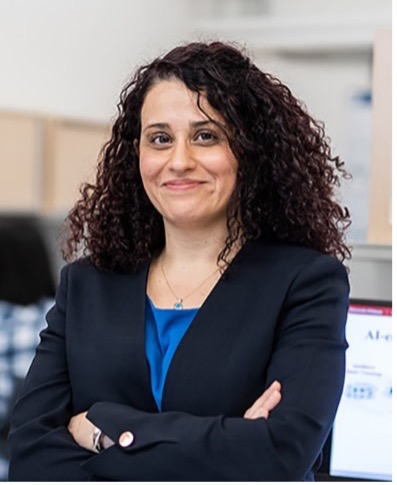 Melike Erol-Kantarci is Chief Cloud RAN AI\ML Data Scientist at Ericsson and Canada Research Chair in AI-enabled Next-Generation Wireless Networks and Full Professor at the University of Ottawa. She is the founding director of the Networked Systems and Communications Research (NETCORE) laboratory. Throughout her career, Dr. Erol-Kantarci has received numerous awards and recognitions, including two best paper awards at IEEE ICC 2023. Dr. Erol-Kantarci is the co-editor of three books on smart grids, smart cities and intelligent transportation. She has over 200+ peer-reviewed publications with citations over 7500 and h-index 42. She has delivered 70+ keynotes, plenary talks and tutorials around the globe both at industry events and academic conferences. Dr. Erol-Kantarci serves on the editorial board of several IEEE transactions. She has acted as the general chair and technical program chair for many international conferences and workshops. Her main research interests are AI-enabled wireless networks, 5G and 6G wireless communications, smart grid and Internet of Things. She is an IEEE ComSoc Distinguished Lecturer, IEEE Senior member and ACM Senior Member.
Melike Erol-Kantarci is Chief Cloud RAN AI\ML Data Scientist at Ericsson and Canada Research Chair in AI-enabled Next-Generation Wireless Networks and Full Professor at the University of Ottawa. She is the founding director of the Networked Systems and Communications Research (NETCORE) laboratory. Throughout her career, Dr. Erol-Kantarci has received numerous awards and recognitions, including two best paper awards at IEEE ICC 2023. Dr. Erol-Kantarci is the co-editor of three books on smart grids, smart cities and intelligent transportation. She has over 200+ peer-reviewed publications with citations over 7500 and h-index 42. She has delivered 70+ keynotes, plenary talks and tutorials around the globe both at industry events and academic conferences. Dr. Erol-Kantarci serves on the editorial board of several IEEE transactions. She has acted as the general chair and technical program chair for many international conferences and workshops. Her main research interests are AI-enabled wireless networks, 5G and 6G wireless communications, smart grid and Internet of Things. She is an IEEE ComSoc Distinguished Lecturer, IEEE Senior member and ACM Senior Member.



